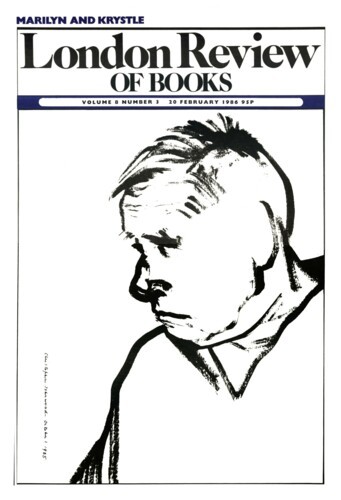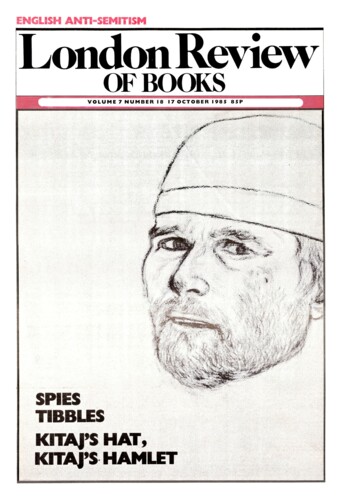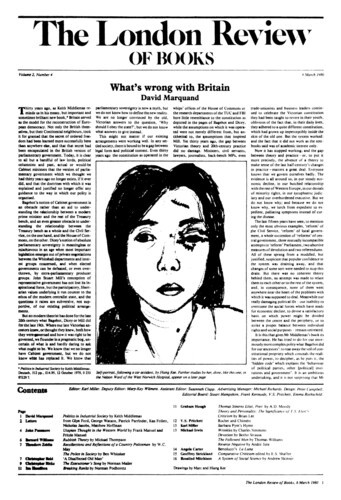Poem: ‘The Dying Scholar’s Confession’
Geoffrey Strickland, 20 February 1986
Now I am about to die and the secret Of my ignorance dies with me. That I put it over them the more discerning Guessed, their eyes told me, but how much I fooled them None will ever know. My secret dies with me.
I die mercifully before the secret is out: The books I quoted and had not read, The names I hoarded from the talk of others And dropped into my own, The desperate webs I wove to fill...



